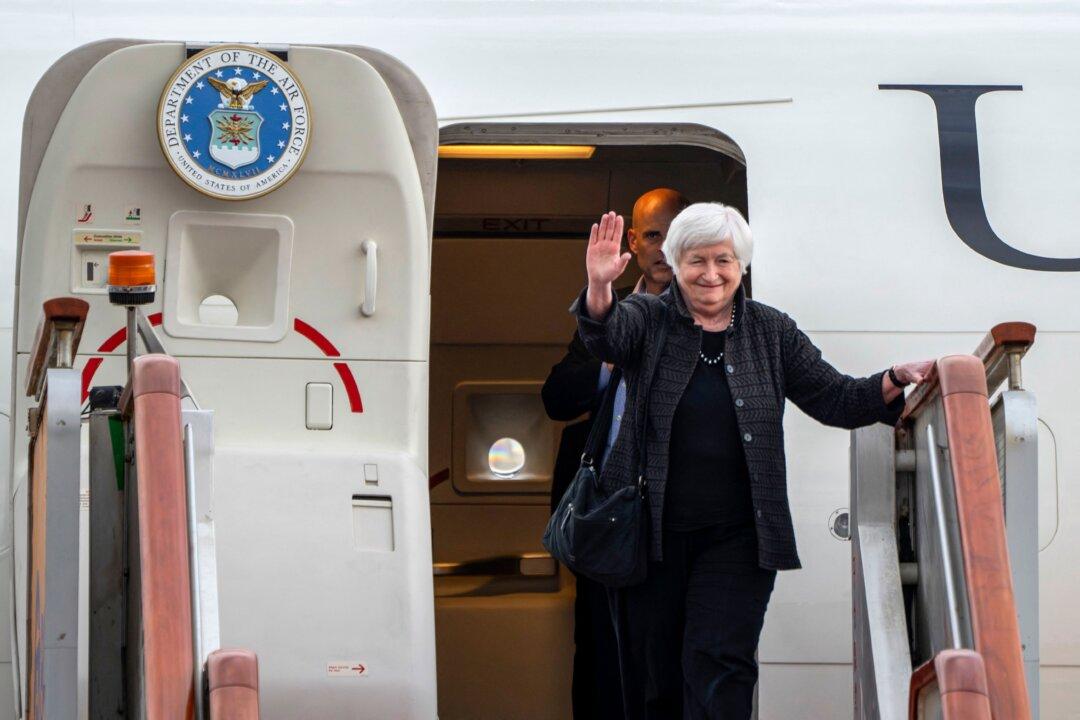During U.S. treasury secretary Janet Yellen’s four-day trip to Beijing, she met with former Chinese Vice Premier Liu He on July 7. This meeting is considered a major highlight of Ms. Yellen’s visit to China, as many regard the retired Mr. Liu as a pro-U.S. official. They interpret it as Beijing’s wish to change its course and reestablish a friendly relationship with the United States. However, a political analyst focusing on China affairs believes that was not the reason Chinese leader Xi Jinping chose to have Mr. Liu meet with Ms. Yellen.
Ms. Yellen’s visit to China comes against a backdrop of strained relations between the two nations. As the U.S. secretary of the treasury, her primary objective is to promote dialogue and seek opportunities for improved cooperation, with a specific focus on areas such as trade, investment, and financial stability. Additionally, she seeks to explore opportunities for collaboration in tackling shared challenges, including climate change and global economic recovery.






